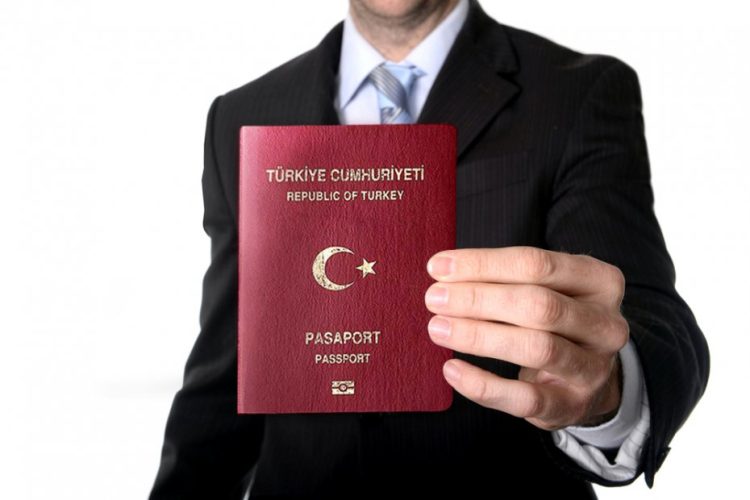In a concerning development, Turkish journalists and citizens are experiencing heightened challenges when applying for visas to the 27 Schengen countries, as reported by the Journalists’ Union of Turkey (TGS). The rate of rejected visa applications has seen a significant surge in 2023, soaring from 15% in 2022 to a staggering 50% at present.
The European Federation of Journalists (EFJ) has raised serious concerns over the apparent systematic obstruction of Turkish journalists’ visa applications by various EU member states. This worrisome trend is posing significant barriers for Turkish journalists who wish to travel to Schengen countries for work assignments, conferences, or other professional engagements.
The EFJ has taken a stand against this de facto visa embargo and is urging Schengen countries to rectify their prejudiced and discriminatory attitudes towards Turkish journalists and citizens. The freedom of the press is a fundamental pillar of democracy, and any hindrance to journalists’ ability to perform their professional responsibilities is a matter of concern for media freedom advocates.
One major issue highlighted by the EFJ is the issuance of only short-term visas to journalists visiting EU countries, which necessitates repetitive and cumbersome visa applications. This practice places an immense financial burden on journalists, and the uncertainty surrounding visa approvals disrupts their work schedules and inhibits their ability to plan for assignments effectively.
The number of journalists facing visa rejections has seen a sharp increase, further intensifying the concerns. For instance, Sinem Okten, a well-known sports presenter, had her visa application to the Schengen area rejected twice last year, despite having visited Europe for work-related purposes in the past. The German embassy provided no reason for the rejection, while the French embassy cited insufficient evidence of financial support for her stay in France or her intention to return to Turkey.
The situation has triggered discussions and debates within the journalistic community, and the TGS conducted a comprehensive survey to shed light on the various challenges faced by Turkish journalists. The study, supported by the EFJ, revealed a troubling landscape of political pressure, censorship, mobbing, and inadequate working conditions, further emphasizing the need to address visa restrictions.
In light of these alarming developments, the international community has been urged to stand in solidarity with Turkish journalists and to put pressure on Schengen countries to reevaluate their visa application processes. Ensuring fair and unbiased treatment of journalists from Turkey is essential for upholding media freedom and promoting open dialogue in the region.
Ultimately, the systematic obstruction of Turkish journalists’ visa applications must be addressed promptly to protect the freedom of the press and journalists’ ability to carry out their professional duties effectively. A transparent and equitable visa application process is crucial for fostering collaboration, exchange of ideas, and promoting a robust global media landscape.









